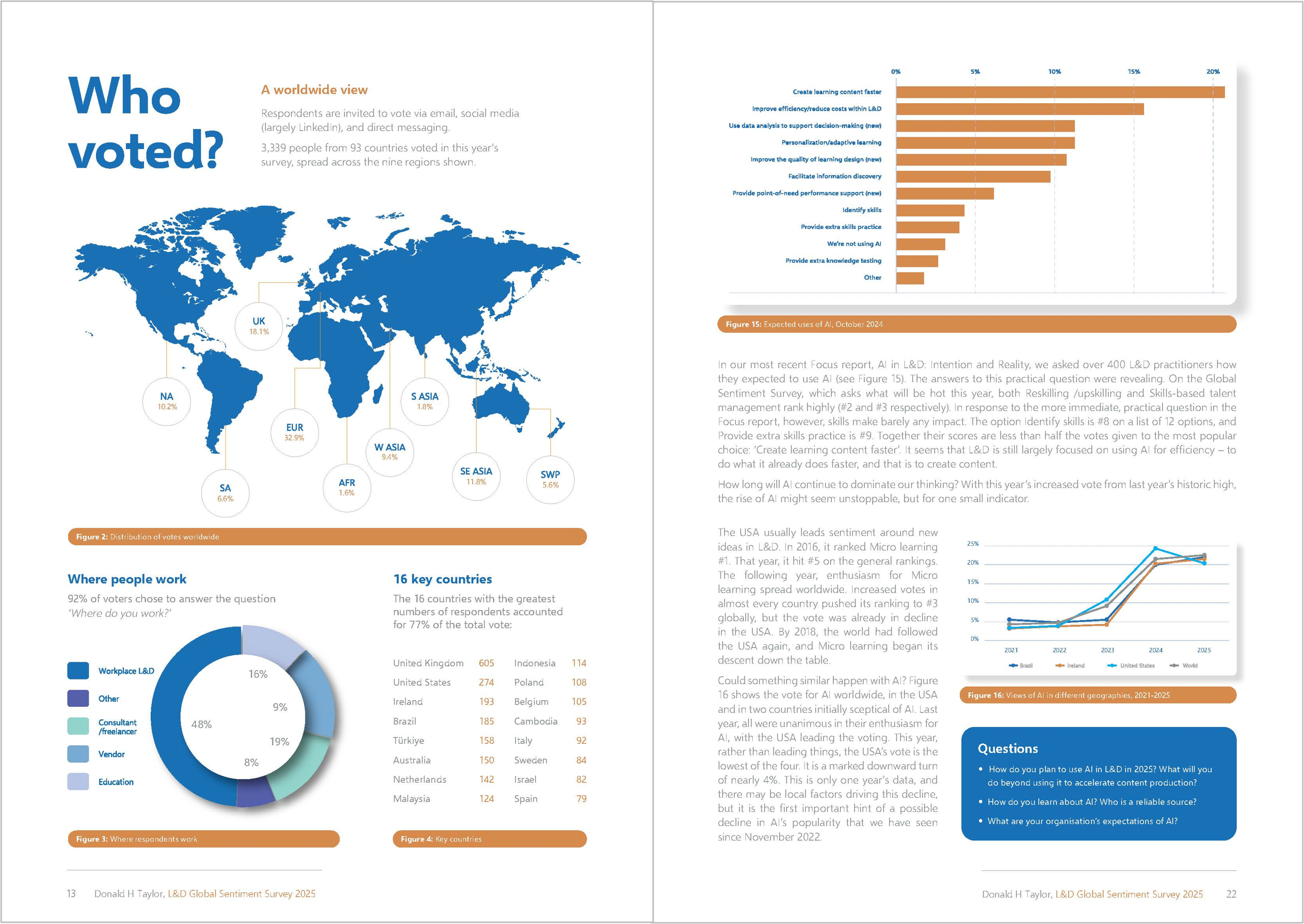Good HR / human capital management benefits the bottom line

Earlier this week I go around to a paper from the March Harvard Business Review: Maximizing Your Return on People by Laurie Bassi and Daniel McMurrer of McBassi.
If you don’t subscribe, I recommend paying the $6 it will cost to download this one.
I’ve commented positively on McBassi’s work before, but this paper goes further, extending their approach to a wider range of companies.
Solid research, with some interesting conclusions: most HR metrics don’t link to organisational performance, but a handful of processes can be shown to.
The authors found no link between traditional HR metrics and organisational performance. Metrics such as employee turnover, time to fill positions, and total hours of training were just measures of activity. (The key exception: training expenditure per employee.)
Examining a range of public and private sector organisations over time they identified five areas which were identified with organisational performance:
- leadership practices
- employee engagement
- knowledge accessibility
- workforce optimization
- organisational learning capacity
The article describes setting up a maturity scale for each of these practices from 1 (low) to 5 (high). The scale and the key practices effectively form a matrix which can then be used to benchmark organisations, and prompt them to improve HR practices in specific areas. Perhaps rather stridently, they say:
It’s time for HR departments to move beyond their usual focus on activities and process efficiency, such as the number of training courses offered or how long it takes to fill a vacant position. With HCM measurement tools, HR can start gauging how well people are managed and developed throughout the organization. In this role,
HR departments can take on strategic responsibility, acting as coaching, mentoring, and monitoring agencies to ensure that superior management of human capital becomes a central part of the organization’s culture.
McBassi contend that the result is a solid monetary return. In a survey of 11 publicly traded financial services firms, they found a correlation between their HCM Maturity scale and Total Stock Return.
As I’ve noted before, the question of whether McBassi are really talking about HCM or high performance HR practices is debatable, but I would also say that faced with empirical evidence like this, it’s semantics. Who cares? They have shown the value of long term investment in people. I believe it’s another notch on the rachet towards obligatory HCM reporting.
McBassi have several free white papers on their site which are also worth reading.
Disclosure: if I sound very effusive about McBassi, it’s partly because I like their approach and partly because I’ve just come back from holiday. Neither I nor any organisation I work with has a relationship with them.


